What a fantastic opportunity to improve the client’s fundraising plan! We were selected to facilitate a two-day strategic-planning retreat for a nonprofit whose name you would know, so we’ll just call them “The Transformers.” In a flash of brilliance on my part (that was a sarcastic remark in case you were wondering), we negotiated a nice deal, got insights into the backgrounds and personalities of most of the major players, and we were good to go. We called the retreat a “refresher on the fundraising plan,” because the CEO had a reputation for hating strategic planning and being an impatient kind of guy with a blithe disregard for detail. We did all that good stuff ahead of time…but we never sat down with the CEO himself.
Well, you know how these things go. The meeting room is too hot and then it’s too cold. The food is great or it’s rotten; there’s enough time to do the exercises, or there’s not enough time. There were arguments over tactics, confusion over results vs. activities, and all the happy little nuances that can frustrate a facilitator to the point of eating her felt-tip markers. But we got through and had lots of flip-chart pages to show for it. End of Day One.
Breakthroughs began on Day Two. The group began to understand the approach. Their collaborations produced good insights. They identified areas where they had been doing things a certain way “just because that’s the way we do it,” and figured out how to document, then improve those areas. Theyrealized they had been under-budgeting, and raised their fundraising objectives. They even assigned performance targets for themselves.
Even our CEO seemed to be getting the idea. He willingly participated in the small-group breakout sessions as an equal. So of course, I said to myself, “wow, this is so great – I can write it up as a case study!” Until about an hour before the end of Day Two.
We were trying to decide whether to go with this objective or that one, when suddenly the CEO threw a monkey wrench into the works. “Why are we discussing this?” he said. “I thought this was settled already – we need to do B and not A!!!” Well, the rest of the team tried to intervene and settle him down. At which point he said:
“Hey – this sounds like a “Strategic Plan”!!!! Why are we creating a Strategic Plan!!!!! We already HAVE a Strategic Plan!!!!!! We just spent two whole days on NOTHING!!!!!!!!!!!!!”
Oops.
As you can imagine, the remaining hour was not a happy time for your esteemed facilitator (moi). The CEO stayed thoroughly disgusted and actually left early. In a huff. The other staff members sort of huddled in a corner. Eventually I packed up all the flip charts and markers and slunk out myself, tail between my legs.
OK, Lessons Learned, boys and girls? I mean besides my particular idiocy in failing to interview the CEO ahead of time? Well, here are a few.
Tip #1: It’s not a Plan unless it’s published, it has specific performance targets, and its components are assigned to “owners.” What about your Plan, does it pass the same test?
Tip #2: It’s not a Plan unless you review performance against it at regular, frequent intervals, like once a month, and some parts maybe more often. Are you reviewing performance against plan regularly?
Tip #3. It’s not a Plan unless you actually use it to guide operational performance. In other words, are you doing what the plan tells you to do or ignoring it?
Tip #4. It’s not a Plan if it doesn’t tell you how much it’s going to cost you to achieve results. In other words, a Budget is an integral part of the Plan. Is your plan clearly associated with a Budget? Are you setting your fundraising goals to meet that Budget or are they “unlinked”?
Tip #5. It’s not a Plan if nobody on the staff (or the board for that mater) knows that you even have one! Is your Plan a living, breathing thing or just a dusty binder you forgot on a shelfr?
Most of us like the idea of planning; few of us really love to do it. But without your plan neither you nor your staff nor your board – nor your clients for that matter – really know where you’re going, what you’re trying to accomplish, and how well you’re succeeding.
What are your Planning issues? When’s the last time you reviewed your performance against plan? How thorough are your Strategic, Operating and Fund Development Plans? And where do you find it most challenging: to create the plan in the first place, or to review it regularly? Please post your comments.

